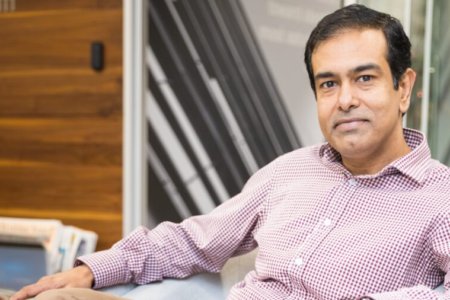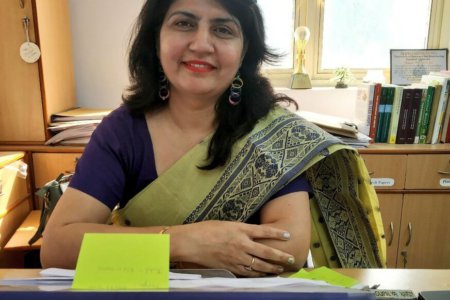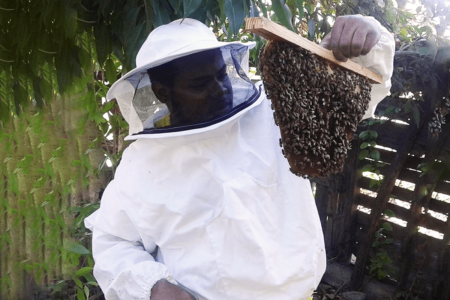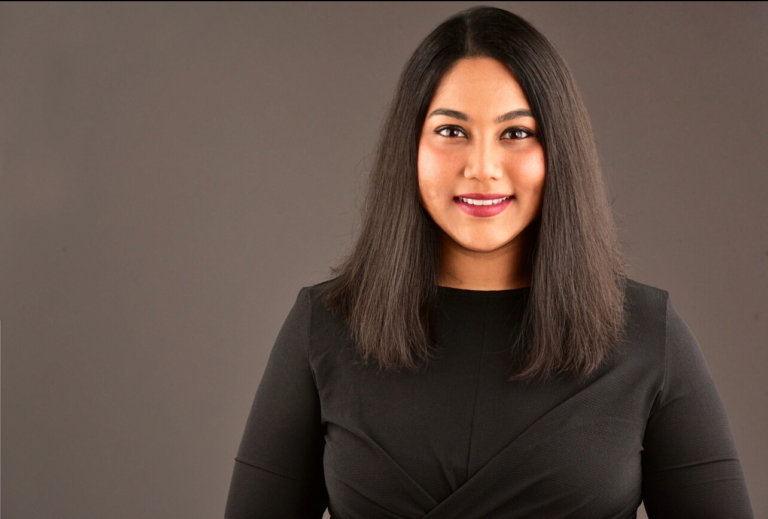
Madhavi Shankar is an Indian entrepreneur that solves real problems. Specifically, India’s archaic school and university hostel systems.
She’s the founder of SpaceBasic, a startup that replaces processes like handwritten data management and verbal security permissions with an all-in-one app to manage daily tasks. Since its launch in 2016, it’s grown to 200,000 users in 2019 — and many more awards for Shankar.
She was chosen as a 2020 Forbes Asia 30 under 30 icon and one of the Top 30 Women Transforming India by NITI Aayog and the United Nations.
This year, SpaceBasic launched an improved version that turned data into useful and valuable information unis could also look at to reduce wastage and increase efficiency.
“We have integrated with biometric systems, other devices and turn multiple checking points into one standalone system. Students can scan a single QR code and input that they will come for lunch or dinner that day — that way the institution knows how to manage the amount of food, salvage capacity and this can save around 15 to 20% of the food wastage and costs,” says Madhavi in a piece by the Indian Express.
Below we talk to Shankar about how her time at the University of Technology, Sydney (UTS) made her the Indian entrepreneur she is today:
As a successful Indian entrepreneur, where does your interest in computer science and engineering come from?
I am an engineer and a first-generation Indian entrepreneur from Bangalore. I come from a traditional Indian family where my parents, who are doctors, made sure education was the cornerstone of our family’s upbringing.
I pursued an undergraduate degree in computer science engineering because it was an emerging field and was sought after. I then moved to Australia soon after to study for my master’s in engineering and an MBA.
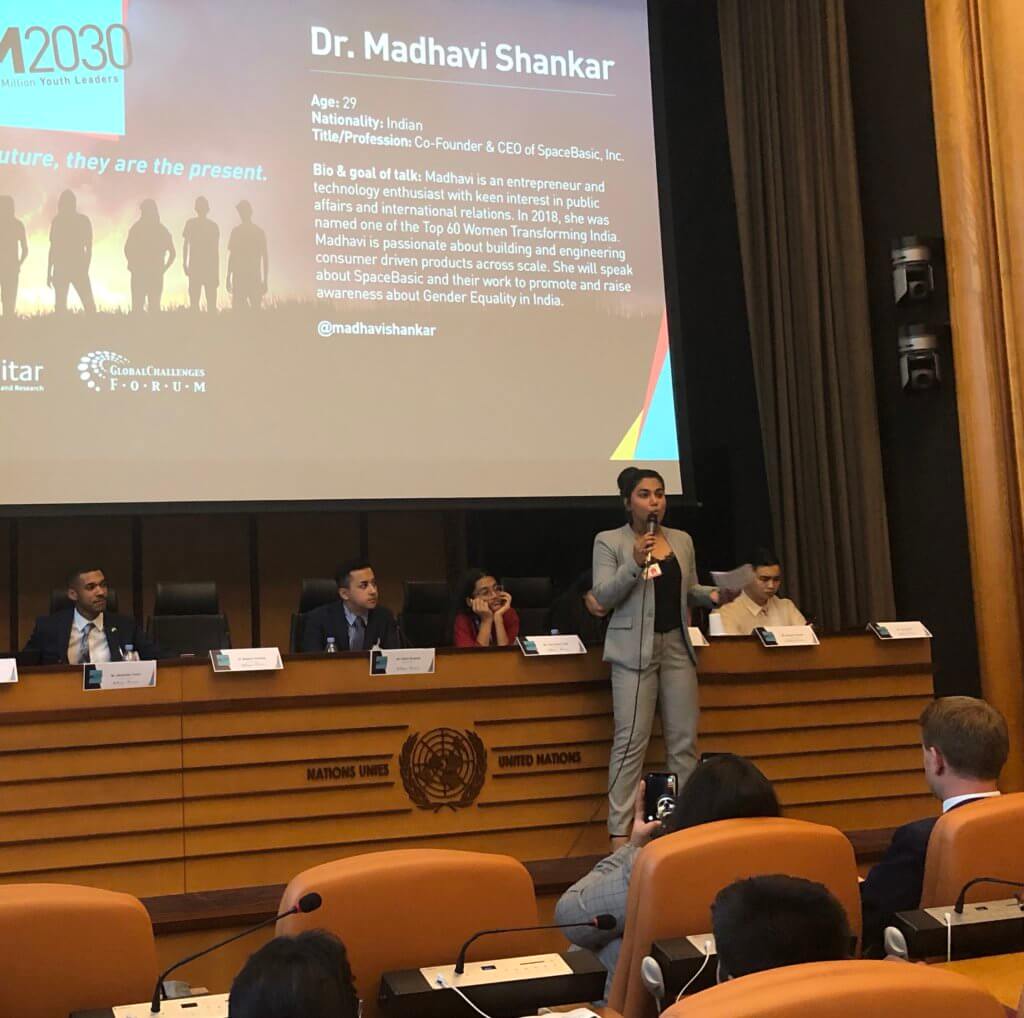
SpaceBasic.ai recently launched an improved version that turned data into useful and valuable information unis could also look at to reduce wastage and increase efficiency. Source: Madhavi Shankar
Walk us through your educational experience from engineering to law to pursuing your MBA.
During my final semester of my bachelor’s in engineering, I decided to move overseas to further my education. I was very inclined to pursuing a master’s in management.
The master’s coursework options and student visa flexibility made Australia the most preferable option. During my research, I was awestruck by Sydney and decided to enrol at one of Australia’s best unis based in Sydney: UTS.
The courses at UTS are a great blend of communication, practical experience, and theory. Students have real experiences combined with theory-based learning.
Most of the learning occurs outside the classroom and I would advise students to make use of the value-added workshops and activities that happen almost every week at UTS. Most importantly, enjoy the international student experience.
Walk us through SpaceBasic. How important do you think it is for companies to revolve around technology?
My love for startups began in Australia. I commenced my career working for an early-stage startup in Sydney as one of their first few employees. I started as an intern and within two and a half years, I became a product manager.
The company was then successfully acquired in 2017. By this time, I knew I wanted to start my own company. From the experience I had in Australia as an international student along with drawing comparison to my experience in India, I was inclined to build something in the education space.
It was during a work trip in early 2016 when I was introduced to a successful women entrepreneur, Indu Navar, from Silicon Valley. A chance meeting and nearly five hours of conversation led us to launch my company: SpaceBasic Inc.
Our conversation helped us realise we both shared the common passion of creating change with the use of technology in underserved sectors in India. I went back to Sydney, quit my job and returned to India by the end of 2016.
I had a goal to solve a real problem in which customers had to pay upfront. With rigorous due diligence, we discovered the student housing communities within schools and colleges follow archaic manual processes to carry out day-to-day tasks.
Such as verbal security permissions for students, handwritten data management and much more. These manual processes were labour-intensive, plagued with problems and could not ensure the safety and security of the students.
We knew there had to be a better way and zeroed in on this problem. With SpaceBasic and technology, we solved it. Today, SpaceBasic is an AI-enabled SaaS platform that digitises the non-curriculum life of a student.

Shankar is part of the Pledge 1% corporate philanthropy movement, where she commits one% of her company’s profits every year to educate women. Source: Madhavi Shankar
It does this by automating everyday tasks and communication within unis, schools and student housing communities, all in one workspace.
How do you use the knowledge and skills in your education as an Indian entrepreneur now?
The rich experience and exposure of collaborating with a mix of cultures at UTS really helped develop my ability to effectively communicate and connect with my peers. As an Indian entrepreneur, this is an important trait.
My time at UTS helped me develop this. Besides effective communication and collaboration, I believe uni teaches us to effectively manage time and multi-task.
What were the practical learning elements in your course? What do you get to apply what you learnt now?
Analytical thinking is something that was fostered during my time at uni. I apply this method very often such as when we have to make decisions on hiring, product validation, and so on.
What do you wish you had learned more during uni?
I wish I pursued a degree in entrepreneurship as this wasn’t an option back then. However, I recommend students who want to start their own venture enrol for an entrepreneurship course.
What would you advise international students who want to enrol in the same courses as you?
Choose electives that are a great blend of communication, practical experience, and theory. Students have real experiences, combined with theory-based learning.
Most learning occurs outside the classroom and I would advise students to make use of the value-added workshops and activities that happen at uni and outside. Most importantly, enjoy the experience.
Where do you see yourself in 10 years?
Advising other startups and maybe start another company!
What do you miss from Australia?
I’ve always considered Australia my second home, I miss beautiful Sydney and the friendships nurtured while I was there.








